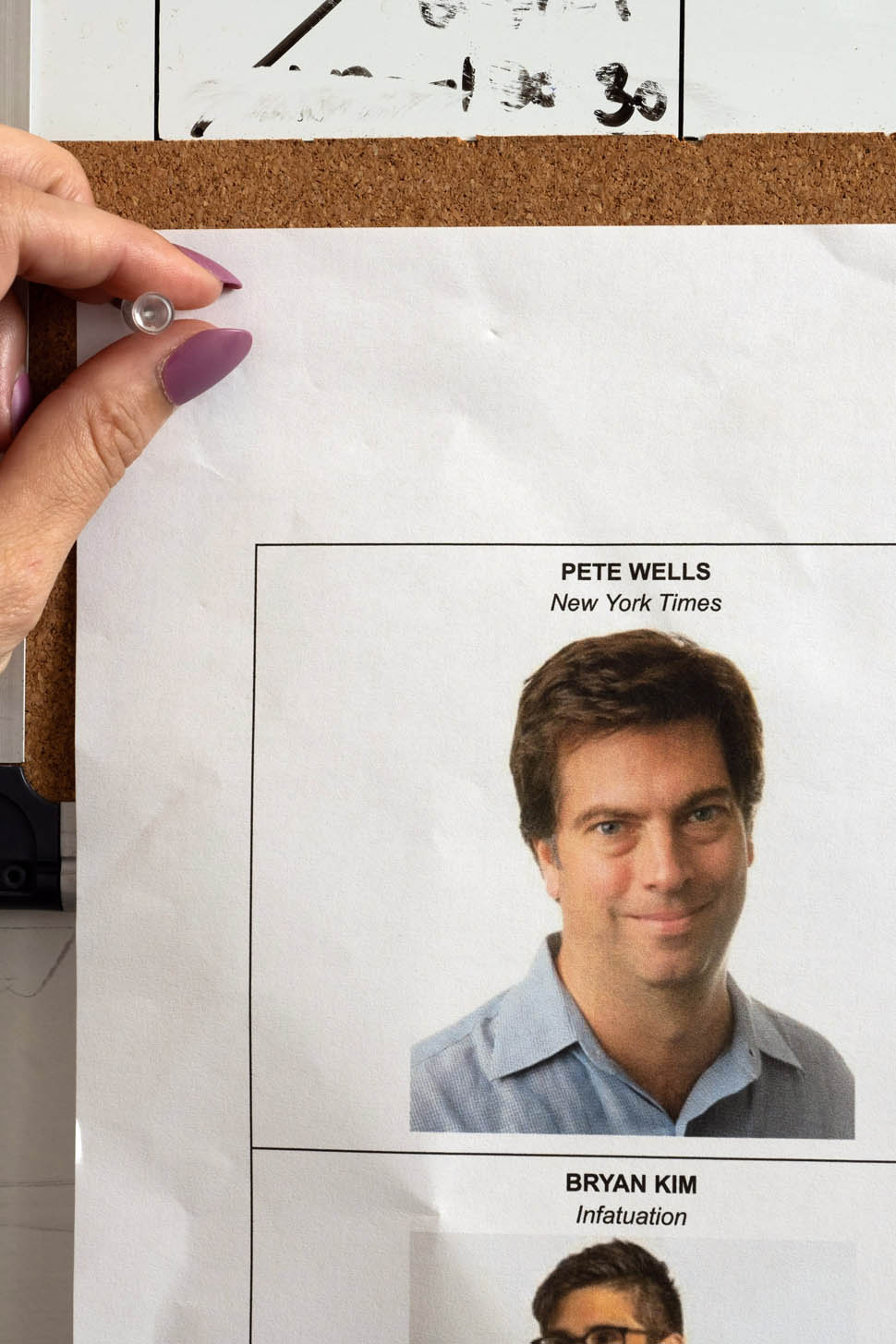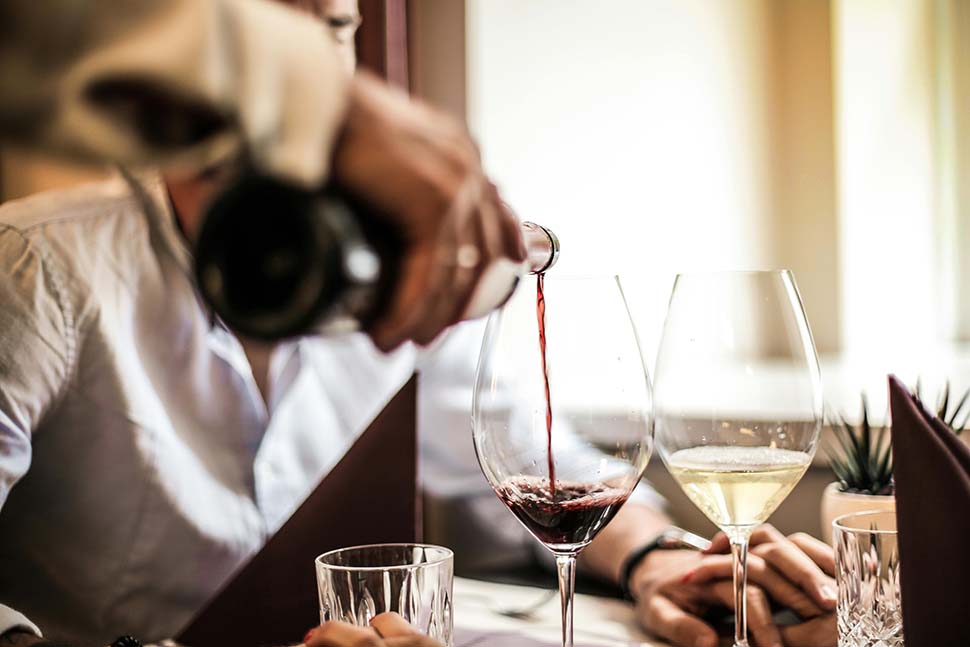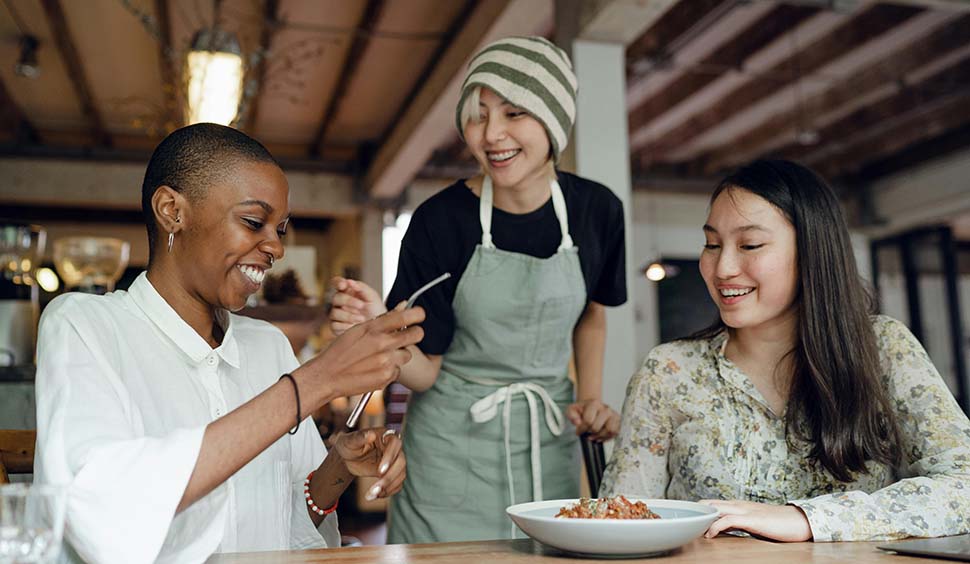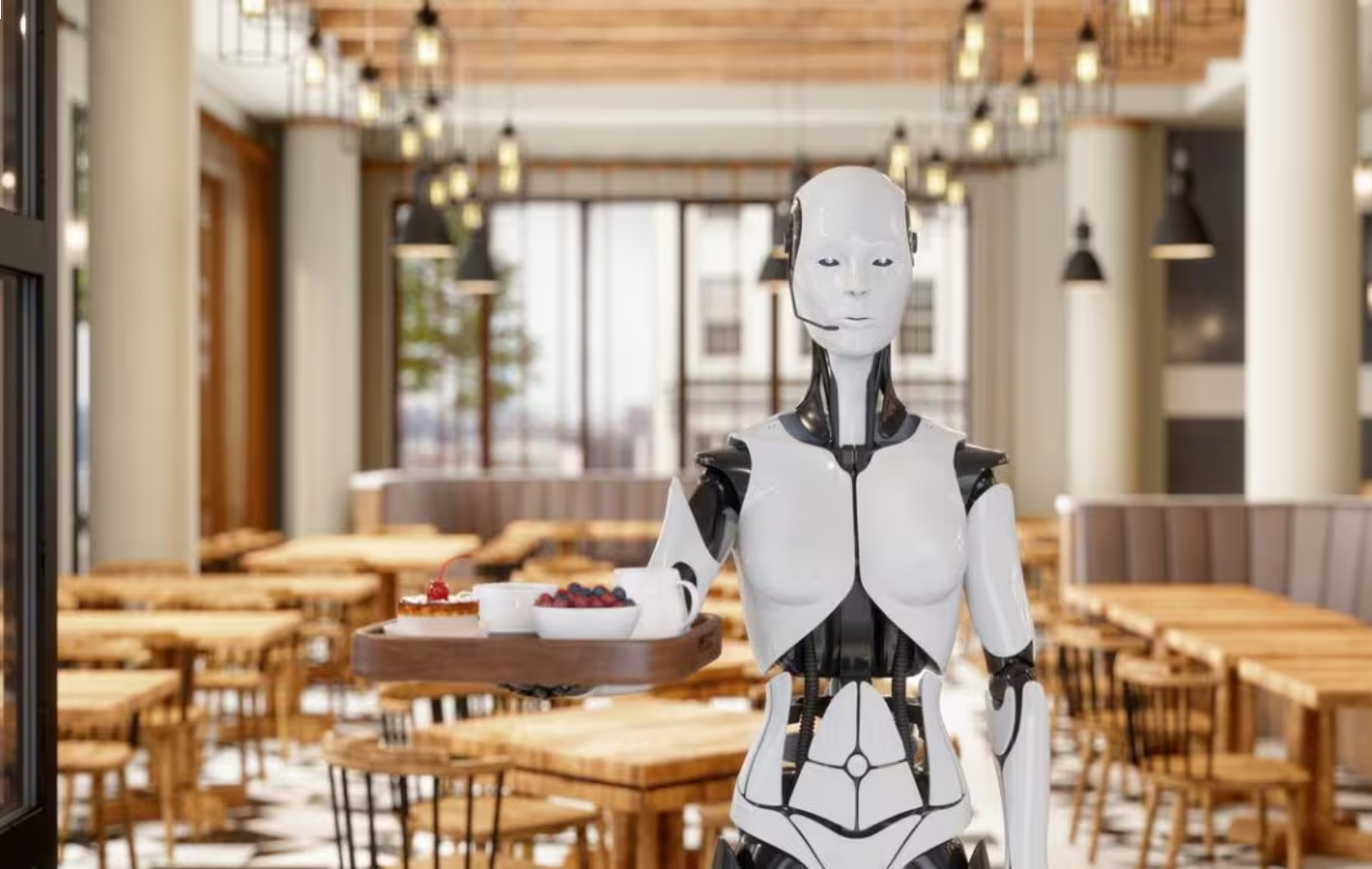The U.S.-based newspaper publishes the last column by the celebrated food critic, who after 12 years of honored service bids farewell to the industry. He takes the opportunity to draw an assessment of the evolution of the restaurant industry that is anything but flattering: “Restaurants are becoming automatic machines with chairs.”
The news
Over the past 12 years, New York Times food critic Pete Wells has done a lot of talking. For example, he crushed Daniel Humm's vegan conversion in a report that reverberated around the world. Now he is taking an unreserved farewell from a world whose cracks he observes, where the proliferation of apps and the virtual has pushed the human factor to the background, as he wistfully describes in his farewell piece from the columns of the world's most important newspaper.

"I'm at the end of 12 years as a critic, eating and reviewing restaurants nonstop. Of those years, probably two full months were spent waiting for the bill," he writes of the new prepayment apps that allow diners to get up and walk out. "They're just the latest in a series of changes that have slowly and steadily pushed the human touch and the human voice out of restaurants. Each of these changes has been small, but together they have made dining out much less personal. Today, meals are different, and so is our sense of who we are."

As a young man, the critic conceived of the dining experience as purely human, despite e-commerce and remote work. "When we went out to eat, we were men again. No machine could drink rosé for us or chew lamb chops for us. And at every stage of the meal, there were people guiding us. From the moment we walked in, we were talking to guests, bartenders, maîtres, waiters, and commis. Being served in a restaurant was not something passive. We had to participate.


Now many steps, from ordering to presenting a menu, can be done on-screen by scanning a code. Not to mention reservations, which are now rarely made over the phone with ritual formulas (and as much as it is a relief not to be told no, in some cases a few bots can sneak in, ready to resell the seat to the highest bidder, or the highest payer can have the advantage). In short, "restaurants are becoming vending machines with chairs. Pandemic has had a hand in this, too, through its custom with delivery apps. Today, however, people no longer order with certainty from the familiar restaurant; perhaps it is a ghost kitchen of mysterious investors.

Finally, Wells lashes out at the standardization of fine dining, stormed by customers who will never return, intent only on Instagramming their presence. And it is precisely this frustrated need for personal contact that explains the success of pop-ups and micro-bakeries. "If we have to stay in a restaurant for more than a few minutes, we want to make a connection. The waiter's smile, the broken jokes, the enthusiasm for the day's specials may be more or less subtle attempts to get a tip, but they anchor us. Without them, the meal may be cheaper and faster, but it leaves us with a slight feeling of emptiness. And when it's time to leave, we don't feel like high-fiving our host, assuming he or she still has a job.











